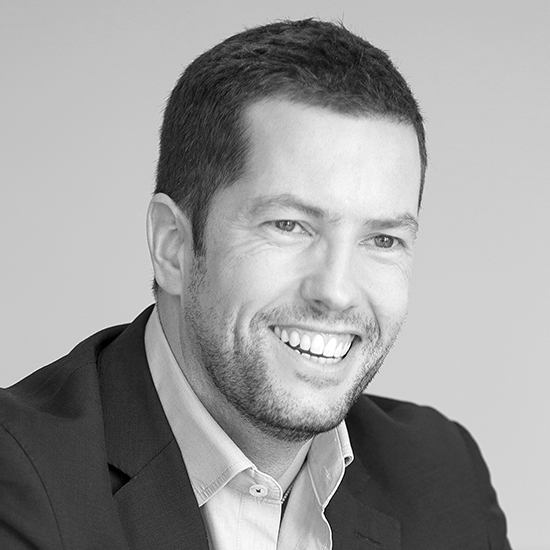Long-term financial security for 100m pension savers
“Dawid and I founded Redington in 2006 with the mission to do to pensions what Jamie Oliver did to school food,” says co-founder Robert Gardner.
“We left our jobs at Merrill Lynch to set up Redington in Dawid’s attic. Our idea was simple. Large pension fund deficits did not need to exist. There was a better way,” he explains.
Redington focuses on helping individual members with its innovative approach. The company does this by advising pension funds how to better manage risk and help them improve their ability to pay their members.
“If we do a good job, we know we are improving financial futures of members,” Gardner says.
An example of this was when Redington helped the UK’s Philips Pension Fund completely buy out its liabilities by an insurance company. In 2015, when the final deal completed, 30,000 members had a safe and secure pension fund for their retirement.
A purpose beyond money
Gardner says that creating quality professional networks that “feed into social connectedness is crucial” in achieving a meaningful purpose. “That’s why social capital is something that must be understood, grown and nurtured,” he believes.
Many institutional pension consultants have tended to take a guarded approach to sharing ideas. Redington broke from the pack with its open approach, sharing their thinking to help improve the industry.
Sharing ideas for the greater good
Intellectual capital is Redington’s second element in its capital mix. “Intellectual property or IP will constitute the balance sheet assets of the future rather than fixed assets and commercial buildings,” says Gardner.
Gardner sees great potential from monetising data behind an idea or physical activity, which is precisely why Redington spearheaded IP development. Creating IP is not just about patents or frameworks, but it’s more about brand and the brand experience, he says.
“Being reciprocal in business is vital,” Gardner explains. “Freely sharing our IP helps us to market our business and in turn helps us to drive our network.”
Revenue and profit provide a much-needed sanity check for a growing business, but cash is king when it comes to being able to invest for growth
Robert Gardner, Redington
Cash is king when investing
“Revenue and profit provide a much-needed sanity check for a growing business,” says Gardner, “but cash is king when it comes to being able to invest for growth.”
Part of the company’s financial capital focus is employee ownership. Using Enterprise Management Incentive (EMI) schemes to align the staff with the firms growth plans.
Just five years ago, Redington put in place an annual fixed-fee retainer model. It provided predictable revenue streams and cashflow certainty. “Between 80-85% of our revenue is now recurring, and inflation-linked,” says Gardner.
Cashflow certainty allows Redington to invest over longer horizons. “This financial stability has allowed us to invest in our future,” he says.
Redington has now grown from its first client, Royal Mail, to over 80 clients. From the two co-founders to a team of over 140 employees, all committed to helping 100 million people become financially secure.

